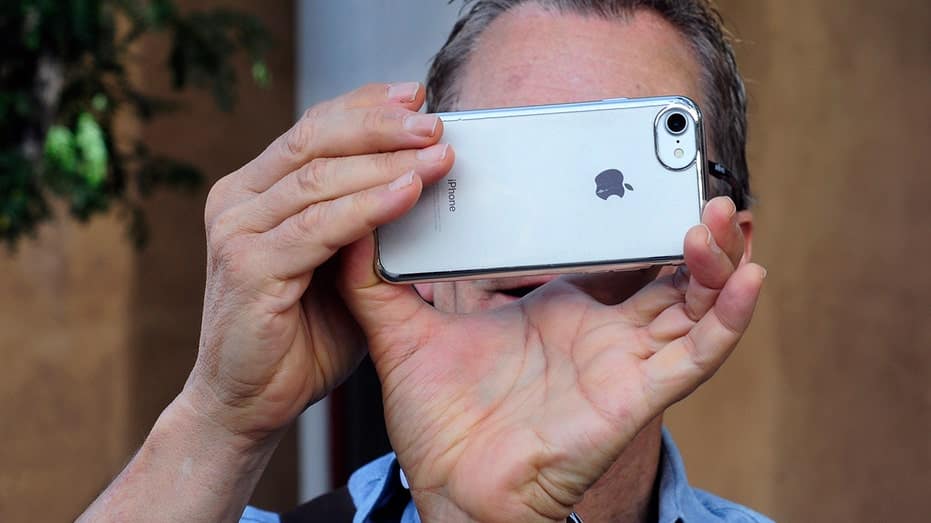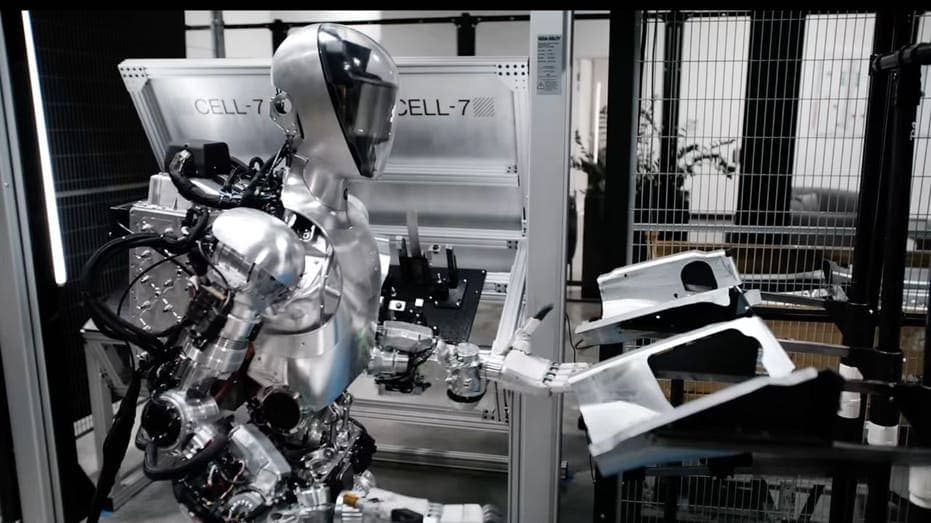Have you ever wished you could control your computer or phone with your mind?
Well, you might not have to wait too long for that to happen.
Elon Musk, the billionaire entrepreneur and visionary, has just announced that his brain-chip start-up Neuralink has successfully implanted a device in a human patient for the first time.
Earlier this month, Neuralink performed its first human implant of its BCI on a volunteer patient. A BCI is a device that can record, stimulate or modulate the electrical activity of neurons in the brain, allowing the user to control external devices or software with their thoughts.
WHAT IS ARTIFICIAL INTELLIGENCE (AI)?
The patient, whose identity has not been disclosed, received the implant in a region of the brain that controls movement. The implant consists of a small chip, slightly larger than a U.S. quarter, and ultra-fine threads that can detect and transmit neural signals.
GET FOX BUSINESS ON THE GO BY CLICKING HERE
The device is designed to replace a small chunk of a human skull and fit completely underneath a person’s skin. Once the device is in place, its 64 needle probes are inserted into the brain, which then allows 1,024 channels of two-way communication between the brain and a computer chip.
MORE: A REVOLUTIONARY DEVICE LETS YOU POINT AND CLICK WITH YOUR TONGUE
Once that communication channel is set, then the device can communicate from the human brain to external devices, which would basically allow a person to communicate with a device like an iPhone, for example, using just their mind. The device can be charged wirelessly as well.
The device is currently in clinical trials, which are open to some individuals who have quadriplegia due to amyotrophic lateral sclerosis (ALS) or a spinal cord injury. Musk says that the first Neuralink product will be called Telepathy and will initially be used by people who have lost the ability to use their limbs. If you are interested in learning whether you qualify for future Neuralink clinical trials, you can join their patient registry by logging on here.
According to Musk, the patient is recovering well, and the initial results show promising neuron spike detection. This means that the implant can capture the electrical impulses that the brain uses to communicate with the body.
MORE: THIS MIND-READING TECH USING AI CAN CONVERT BRAIN ACTIVITY INTO TEXT
Neuralink’s technology could have a transformative impact on the lives of millions of people who suffer from neurological conditions, such as paralysis, ALS, or stroke. By using a BCI, they could regain some of their lost abilities, such as moving, speaking or typing. Neuralink also envisions a future where healthy people can use a BCI to enhance their cognitive and sensory capabilities, such as memory, learning or vision.
MORE: CREEPY EMBODIED AI AVATAR GIVES A FACE AND VOICE TO CHATGPT INTERACTION
While Neuralink’s goals are ambitious, so are its risks. At least forty-two people worldwide have had brain-computer implants, but not all of those products are as physically invasive as Elon Musk’s Neuralink.
Four U.S. lawmakers asked the Securities Exchange Commission to investigate whether Elon Musk had misled investors after veterinarian records indicated that neural link experiments on monkeys had resulted in debilitating health effects.
The technology does raise important questions about its safety, ethics and impact. Nevertheless, the brain-chip start-up charges ahead. Musk says that he wants to put humans on a path to “symbiosis with artificial intelligence,” and says he will put the chip in his own brain someday.
Neuralink is definitely a game-changer in the field of BCI, but it also comes with many uncertainties that will be uncovered down the road. Whether you are a fan or a skeptic of this technology, you have to admit that it is fascinating and worth exploring. However, as it advances, we need to carefully weigh the benefits and risks and ensure that it is used in a responsible and ethical manner.
What do you think about Neuralink and its technology? Would you ever consider getting a brain implant? Let us know by writing us at Cyberguy.com/Contact.
For more of my tech tips & security alerts, subscribe to my free CyberGuy Report Newsletter by heading to Cyberguy.com/Newsletter.
Ask Kurt a question or let us know what stories you’d like us to cover.
Answers to the most asked CyberGuy questions:
Copyright 2024 CyberGuy.com. All rights reserved.




